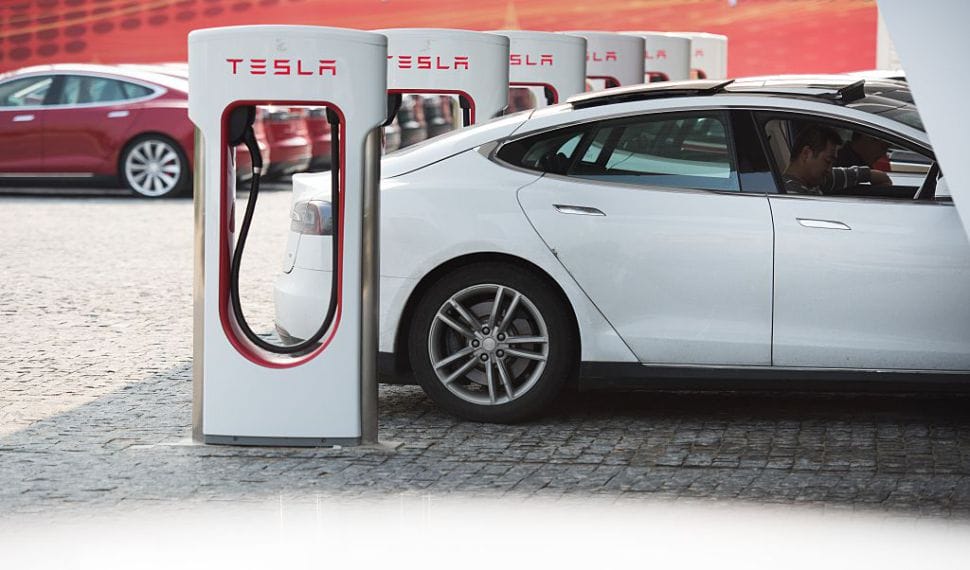Over 150 years ago, a French engineer Gustav Eiffel set out to do the impossible- to build a tower in the center of Paris- and this caused an immediate uproar. The elite and intellectuals went on a tirade; some became abusive while others scorned him. In fact, 300 intellectuals wrote 300 articles about how stupid this 300 meter tower was and this did not deter Gustav Eiffel. Today, the 300 naysayers are no more but the Eiffel tower stands tall! That’s exactly the story of green revolution.
Prior to this time, the need to pay attention to the environment was top priority (the climate change conversation was championed by the likes of Al gore) and when the invention of the motor engine started, it was with electric motor but the Rockefeller’s had to sell oil so fossil fuel became the order of the day.
In the early 90’s, the green and emission-free revolution started with Norway leading the way and setting full integration target of 2025. It was a 40 year plan and today, Norway leads the way. When Elon Musk started the electric car revolution after his success with Paypal, a lot of naysayers equally said it was not possible. In fact Mitt Romney mocked Obama at a presidential debate for Investing in Tesla, Cylindrica and other green energy companies but reality stares at all of us with the green energy industry providing more jobs in all economies than the hitherto known industries.

The push
The push started with Elon Musk and today it is estimated that the green energy industry is worth billions of dollars. Elon Musk simply decided to rewrite the narrative but with this comes its own challenges. The challenge of developing the battery.
Environmental campaigners claim that charging cars and vans from the grid, like a laptop, is sure to be cleaner than petrol or diesel power. The government agrees and says it will invest more than £800m in driverless and clean technology, and a further £246m in battery technology research.
BMW plans to build a fully electric version of the Mini at Cowley in Oxford from 2019. Volvo announced earlier this month that from the same year, all its new models will have an electric motor.
Huge potential profits await those that can tap into this burgeoning market. Transparency Market Research estimated the global lithium-ion battery market at $30bn in 2015, rising to more than $75bn by 2024.
Morgan Stanley analysts expect global car sales to rise by 50% by 2050 to more than 130m units a year, and estimates that electric vehicles will account for at least 47% of that total.
Provision of the batteries becomes another challenge. This opens up a new industry for a lot of people to adequately tap into. This challenge definitely would bring about new players in the sector like Glencore. The need for Cobalt has increased and over 70% of all the cobalt are diverted to battery pack production. Apart from this impending power play, the industry is set to create a revolution with over 3 million jobs up for grabs.
Nigeria’s black gold is now dust!
While all of this is happening, Nigeria and some other OPEC members are still hoping on the redemption of Oil which is not possible as OPEC continues to cut quotas due to a gloat of over 2 million barrels every day. The most recent shift by Germany to green energy for power provision resulted in over 11% of power supply from green energy with projections of total dependence by 2080.
There is a paradigm shift that might hit Nigeria very soon like a hurricane. It is scary that even with the abundant gas, Nigeria has not been able to produce 5000 megawatts of electricity let alone joining the switch to green energy that is imminent. France, Britain and the EU have all set targets of 2040 to eradicate petrol engine automobiles but Nigeria still wallows in disbelief as there is no grand roadmap in place for green inclusion. Our artisans have not been able to perfect the workings of a petrol engine let alone the electric motor.
This leaves me wondering; are we really ready for the challenges and attendant changes due to the green economy?







This article’s formatting is making this piece a pain to consume. 🙁
How so, Kizito? We’d like to make changes where necessary.